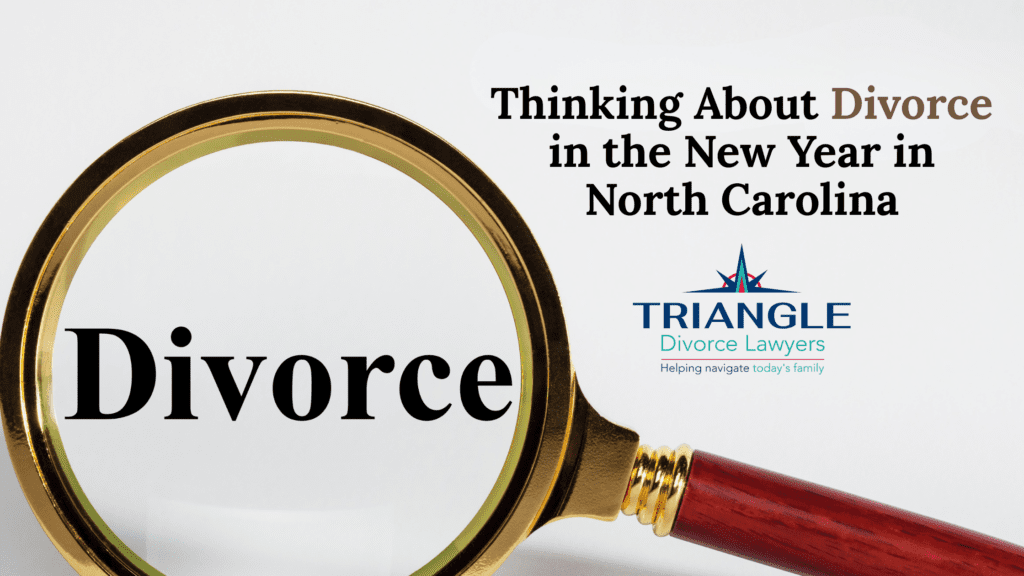Family law is filled with complex issues that affect individuals and families in various ways. One of the more unique and sometimes controversial aspects of family law in North Carolina is the concept of Alienation of Affection. Unlike most states in the U.S., North Carolina allows spouses to pursue a claim for alienation of affection if their marriage has been harmed by a third party. But what does this really mean, and how can it impact a divorce or family law case?
Let’s dive into what alienation of affection is, how it works in North Carolina, and how a family law firm can help you navigate such a claim.
What is Alienation of Affection?
In simple terms, alienation of affection refers to a legal claim that one spouse can make against a third party (usually someone outside of the marriage) for interfering in the marital relationship and causing a loss of affection or love between spouses. This claim asserts that the third party’s actions directly led to the breakdown of the marriage.
North Carolina is one of the few states in the U.S. that still recognizes alienation of affection as a civil tort, meaning that one spouse can sue a third party for this issue. It’s important to note that this is not a criminal action but a civil lawsuit. A spouse who feels their partner’s affection was intentionally alienated by another person can bring a claim in an effort to recover damages for emotional distress, mental anguish, and any financial losses that may have resulted from the alienation.
Elements of an Alienation of Affection Claim
To successfully win an alienation of affection claim, the plaintiff (the spouse who is bringing the lawsuit) must prove several key elements. These include:
- Genuine Affection Existed: The plaintiff must prove that the marriage was filled with genuine love and affection before the third party’s actions occurred.
- Interference by a Third Party: The defendant (the third party) must have intentionally interfered with the marriage. This can include actions like an affair, emotional manipulation, or any other form of conduct that interfered with the relationship.
- Loss of Affection: The plaintiff must show that due to the defendant’s actions, there was a clear and tangible loss of affection between the spouses. This is often difficult to prove but may involve testimony and evidence showing the emotional and psychological impact on the marriage.
- Causation: There must be a clear link between the third party’s actions and the breakdown of the marriage. This means proving that the third party was a direct cause of the loss of affection.
What Damages Can Be Recovered?
If a person successfully proves an alienation of affection claim, they may be awarded both compensatory and punitive damages. Compensatory damages are meant to cover emotional distress, pain, and suffering caused by the loss of affection in the marriage. Punitive damages can also be awarded if the defendant’s actions were particularly egregious or malicious.
The amount of damages awarded can vary widely based on the evidence presented in court, including the emotional toll the marriage breakdown took on the plaintiff and the degree of the third party’s interference.
Defenses to Alienation of Affection Claims
Defendants in alienation of affection cases can raise several defenses to challenge the claim. Common defenses include:
- The Marriage Was Already In Trouble: A defendant may argue that the affection had already diminished or the marriage was already in significant trouble before they became involved, meaning their actions didn’t actually cause the loss of affection.
- Consent by the Spouse: If the spouse of the plaintiff consented to the third party’s involvement, it can be used as a defense to the claim.
- No Interference: The defendant may argue that they did not interfere in the relationship, and the affection between the spouses would have deteriorated regardless of their actions.
Why Does Alienation of Affection Matter in Divorce?
Alienation of affection plays a significant role in North Carolina divorces, especially when it comes to fault-based divorce. North Carolina is one of the few states that still allows fault grounds for divorce, which includes adultery and cruel or inhuman treatment. If a claim of alienation of affection is made, it may be a part of a broader divorce strategy or simply a means of seeking justice for the emotional harm caused.
Though an alienation of affection claim can be filed separately from a divorce, it can sometimes be a valuable tool in family law cases, particularly if one spouse feels the other’s emotional attachment was diverted by an external person. In some cases, a claim for alienation of affection can help a spouse financially during a divorce settlement or may even serve as evidence for other divorce claims.
How Can Triangle Divorce Lawyers Help?
At Triangle Divorce Lawyers, we understand how complicated family law issues like alienation of affection can be. Our team of experienced attorneys can help guide you through the intricacies of this claim and advise you on the best course of action, whether you’re considering filing a lawsuit for alienation of affection or defending against one.
We will take the time to understand the unique dynamics of your case, gather evidence, and work toward achieving the best possible outcome for you. Divorce and family law matters can be emotionally challenging, but with the right legal support, you can navigate them successfully.
Conclusion
While alienation of affection may not be a common claim in many states, it remains a significant aspect of North Carolina family law. If you believe your marriage has been impacted by a third party or you’ve been accused of alienating affection, it’s important to consult with a knowledgeable family law attorney. Understanding your rights, your options, and the potential outcomes of such claims will give you the peace of mind you need during a difficult time.
If you need assistance with a divorce, an alienation of affection claim, or any other family law matters, reach out to Triangle Divorce Lawyers today. We’re here to help you navigate the legal challenges and protect your rights.




